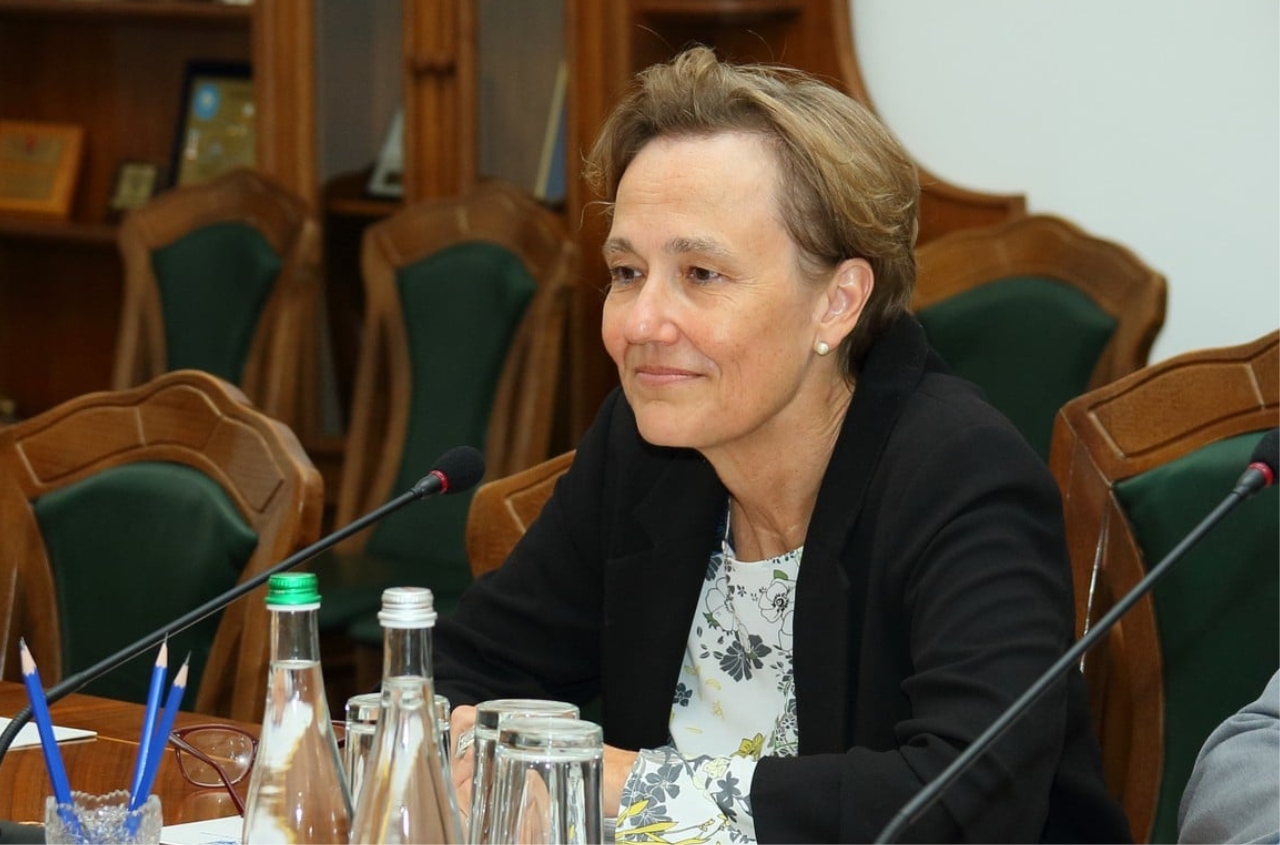Governments of Ukraine and Germany, along with nearly 50 countries, donors, international partners, and representatives of the business community, have established the Skills Alliance. The initiative aims to provide opportunities for retraining or qualifying over 180,000 people over the next three years. Over the next three years, €700 million is planned to be allocated to meet these needs.
The announcement of the alliance was made during a panel discussion at the International Ukraine Recovery Conference URC-2024 in Berlin. The panel included, among others, First Vice Prime Minister - Minister of Economy of Ukraine Yulia Sviridenko and the Federal Minister of Economic Cooperation and Development of Germany, Svenja Schulze.
Currently, Ukraine's labor market is experiencing structural unemployment, especially in sectors necessary for recovery and reconstruction, such as construction, transportation, IT, engineering, and healthcare. To address these issues and ensure an adequate number of qualified workers, this Alliance was created. It is primarily aimed at training young people, internally displaced persons, and women. Priority training will be directed towards Ukrainians within the country. However, Ukrainians living abroad will also have access to it.
"Ukraine is working on recovery without waiting for the war to end. However, one of the main challenges on this path is structural unemployment, when there is a shortage of personnel in certain professions, although there are plenty of job seekers in the market. Specialists are needed for recovery. Therefore, to enable Ukrainians to acquire the skills necessary for rebuilding, we have created the Skills Alliance. This initiative aims to create conditions for Ukrainians to learn and acquire new qualifications, both in Ukraine and abroad. It will also improve employment prospects for Ukrainian youth, internally displaced persons, veterans, and create conditions for Ukrainians to return from abroad. Anyone can join the Skills Alliance. It's a joint project that combines numerous programs already implemented or planned for implementation. You can contribute by launching your own initiative or financially supporting other existing programs," emphasized Yulia Sviridenko.
The Skills Alliance combines various initiatives and strengthens effective cooperation between Ukraine and Alliance members. One example is the Skills4Recovery initiative, jointly funded by the European Union, Germany, Estonia, and Poland. Skills4Recovery offers training for internally displaced persons, youth, veterans, and vulnerable groups, with a special focus on sectors such as construction, logistics, agriculture, services, and manufacturing. International and Ukrainian businesses are key partners of the Skills Alliance, as they will hire qualified workers for Ukraine's recovery.
The Skills Alliance initiative is being implemented under the Ukraine Facility mechanism, which includes reforms aimed at improving vocational education, training, and access to rapid qualification enhancement programs. It will facilitate Ukraine's integration into the EU by improving mutual recognition of diplomas obtained abroad and aligning standards with EU requirements.
The following countries are part of the alliance: Belgium, Estonia, European Union (EU), France, Germany, Italy, Japan, Latvia, Lithuania, Netherlands, Norway, Poland, Republic of Korea, Sweden, United Kingdom, Ukraine, Switzerland, United States Agency for International Development (USAID), as well as various international financial institutions and organizations, including: Council of Europe Development Bank (CEB), European Bank for Reconstruction and Development (EBRD), European Investment Bank (EIB), World Bank, International Labour Organization (ILO), International Organization for Migration (IOM Ukraine), Organization for Economic Cooperation and Development (OECD), United Nations Children's Fund (UNICEF), United Nations High Commissioner for Refugees (UNHCR).
Private companies such as: Abt Global, Bayer, Google, PricewaterhouseCoopers (PWC), Scania, have also joined the initiative.
Other organizations that have joined the initiative include: Adventist Development and Relief Agency (ADRA), Allianz Ukrainischer Organisationen, Beredskapslyftet Skill Shift Initiative, Care International, Centre for Economic Strategy, CRISP, Cormack Consulting Group, Deutscher Volkshochschulverband, Education Exchange Support Foundation Lithuania, European Academy of Diplomacy, FHI 360, Initiative Wohnungswirtschaft Osteuropa, Finnish National Agency for Education (EDUFI), Deutsche Gesellschaft für Internationale Zusammenarbeit (GIZ), Hoffnungszeichen Sign of Hope e.V., Help e.V. – Hilfe zur Selbsthilfe, Initiative Wohnungswirtschaft Osteuropa, KfW, Open Platform e.V., Norad, Promprylad Foundation, Solidarity Fund Poland, SOS Kinderdörfer weltweit, Leaders of Change Foundation, Tent Partnership for Refugees.





















